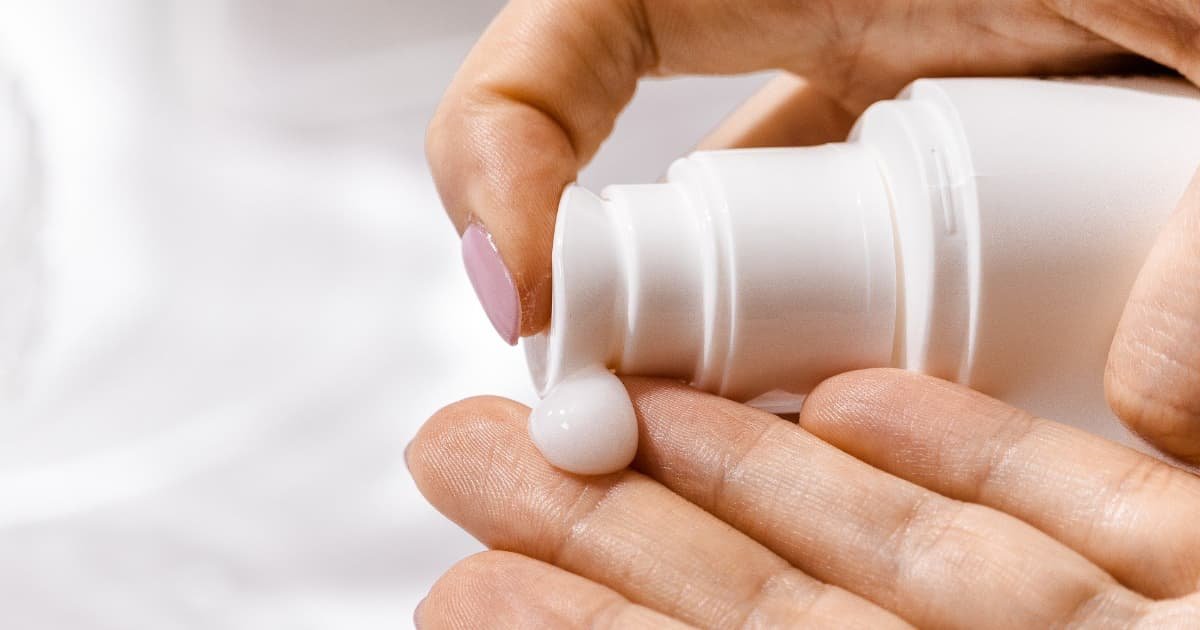The Cornerstone of Cutaneous Health: Deconstructing the Imperative of Daily Moisturization
The daily application of moisturizer is a non-negotiable, foundational pillar of skin health, extending far beyond a mere cosmetic remedy for dryness. It is a scientifically-backed, preventative, and restorative measure essential for maintaining the intricate biological functions of the skin across all types and ages. By preserving the integrity of the skin’s multi-layered barrier, regulating hydration, and mitigating cellular damage, moisturization directly influences the skin’s resilience, appearance, and its ability to defend against a host of environmental and internal aggressors.
The skin’s primary role as a protective fortress is orchestrated by the stratum corneum, the outermost layer of the epidermis, often described as a “brick and mortar” structure. [1] This barrier consists of tough skin cells (corneocytes) bound by a lipid matrix of ceramides, cholesterol, and fatty acids. [1] Its core function is to prevent transepidermal water loss (TEWL), the passive evaporation of water from the skin into the atmosphere. [2][3] When this barrier is compromised—due to genetic predispositions, environmental factors like low humidity, or harsh skincare practices—TEWL accelerates, leading to dehydration. [4] This is where moisturizers intervene with a multi-pronged strategy. They employ three main classes of ingredients: occlusives, humectants, and emollients. [3][5] Occlusives, such as petrolatum, form a physical barrier that can block over 98% of water loss. [1][6] Humectants, like hyaluronic acid and glycerin, act like molecular sponges, drawing water from the deeper dermis into the epidermis and binding it there. [1][7] Emollients then work to smooth the skin’s surface by filling in the gaps between corneocytes. [3] This synergistic action not only alleviates the symptoms of dryness but actively repairs and fortifies the skin’s fundamental defense mechanism, reducing its susceptibility to irritants and allergens. [8][9]
A failure to maintain adequate hydration has profound and compounding consequences that extend to the very pace at which skin ages. Dehydrated skin loses its elasticity and plumpness, making fine lines and wrinkles appear more pronounced. [10][11] This is not merely a surface-level illusion; chronic dehydration can accelerate the degradation of collagen and elastin, the structural proteins that provide the skin with its firmness and youthful architecture. [11][12] Recent clinical research has provided robust evidence for this connection. A six-month, evaluator-blinded, randomized study demonstrated that the regular, twice-daily application of a simple moisturizer—devoid of specific anti-aging ingredients—led to significant improvements in wrinkles, skin tone evenness, and pore appearance compared to a control group. [13] The mechanism involves more than just plumping; adequate hydration is crucial for optimal cellular function, including the processes of cell turnover and repair. [12][14] When skin is dehydrated, these metabolic processes slow down, impairing the skin’s ability to heal and regenerate, which contributes to a dull complexion and premature aging. [10][14]
The imperative for daily moisturization extends unequivocally to individuals with oily and acne-prone skin, a concept that often seems counterintuitive. The misconception that oily skin does not require hydration can lead to a vicious cycle of skin imbalance. When the skin becomes dehydrated, it can trigger a compensatory overproduction of sebum (oil) in an attempt to lubricate itself, which can clog pores and exacerbate acne breakouts. [14][15] The key is to select the appropriate type of moisturizer. Lightweight, oil-free, and non-comedogenic formulations, often in gel or lotion form, can provide essential hydration without contributing to congestion. [16][17] Many moisturizers designed for acne-prone skin also incorporate beneficial ingredients like salicylic acid to gently exfoliate and keep pores clear, or niacinamide to regulate oil production and calm inflammation. [15][18] Furthermore, many acne treatments, such as benzoyl peroxide and retinoids, are inherently drying and can compromise the skin barrier. [19] Using a suitable moisturizer in conjunction with these treatments is crucial for maintaining barrier integrity, reducing irritation, and improving patient adherence to their prescribed regimen. [19]
Beyond the physical barrier, daily moisturizing plays a vital role in supporting the skin’s microbiome and immunological defenses. The skin hosts a diverse ecosystem of microorganisms that are essential for maintaining health, educating the immune system, and preventing the overgrowth of pathogens. [20][21] A balanced microbiome contributes to the production of beneficial compounds and helps maintain the skin’s acidic pH, which is inhospitable to many harmful bacteria. [5][20] Dehydration and a compromised barrier can disrupt this delicate microbial balance (dysbiosis), potentially leading to inflammation and conditions like atopic dermatitis. [22] Modern “microbiome-friendly” moisturizers are formulated with prebiotics and postbiotics to support the growth of beneficial bacteria, thereby strengthening the skin’s natural defenses and its ability to retain moisture. [23][24] By reducing the permeability of the skin barrier, regular moisturization limits the penetration of allergens and irritants, which in turn can prevent the activation of inflammatory immune responses. [5][25] This makes moisturizing a proactive measure in soothing sensitive skin and managing inflammatory skin conditions. [10][20]



